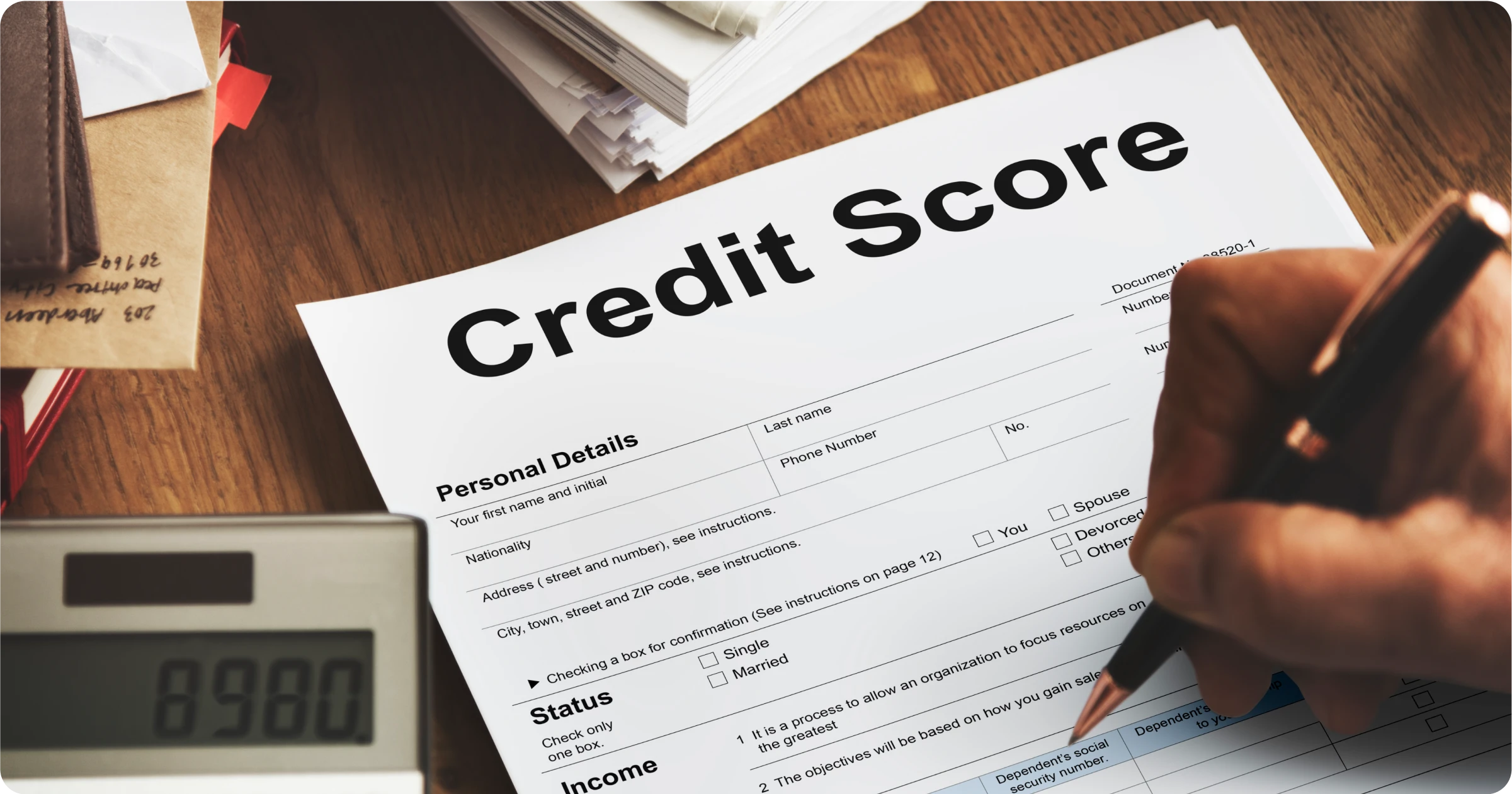🎉 Waltz reaches $50M💰 in funding to support LATAM growth 🎉 Read the full story here
Think you can’t get a U.S. mortgage without American income or credit? You’re not alone.
Many foreign nationals assume financing a U.S. rental property is out of reach. They’ve been told “no” by traditional banks or required to jump through hoops, only to hit dead ends.
But there’s another path. DSCR (debt-service-coverage-ratio) loans make it possible to qualify based on your property’s income potential, not your own. That means no U.S. credit history or U.S. tax returns are required. Instead, lenders focus on whether the property can generate cash flowing income through rent.
In this guide, we’ll walk through the exact documents you’ll need to apply for a DSCR loan and, just as importantly, what you don’t need.
Getting a U.S. mortgage as a foreign national usually means hitting a wall.
Traditional lenders often require years of U.S. tax returns, proof of income like W-2s or pay stubs, and a strong FICO credit score. That’s why many international investors assume they need to pay all cash.

Even if you meet those hurdles, you may still be required to sign documents in person, which is time-consuming and involves lengthy travel to the United States.
DSCR loans open the door to a different path. Waltz has figured out how to make getting financing for investment property loans simple and accessible—without requiring U.S. tax documents, credit history, or in-person appointments.
Learn more: Applying for a DSCR loan as a foreign national
The DSCR loan process is designed to be simpler than conventional financing, but that doesn’t mean there’s no verification. Instead of asking for U.S. tax returns, pay stubs, or personal income documents, DSCR lenders focus on the property itself: its income potential, value, and basic details. You’ll still need to gather supporting documentation, but it’s likely to be more straightforward than what most banks require.
Here’s a breakdown of what lenders typically look for when reviewing a DSCR loan application.
Since DSCR loans are based on the rental income of the property, not your personal income, this is one of the most important parts of the application. If the property is already rented, you’ll need:
However, if the property is vacant:
This information helps the lender determine whether the property can support the monthly loan payments.
To move forward with underwriting, you’ll need to provide basic documents about the property you’re buying or refinancing. These typically include:
If the property is part of a homeowners association (HOA), you’ll also need:

Lenders are required to verify your identity and residence, even if you’re investing from abroad. You’ll need to provide:
This step helps confirm the legitimacy of your application and satisfies basic KYC (Know Your Customer) requirements.
To prove that your money came from legal and legitimate means, your proof of funds will be reviewed in detail. You’ll need to show a recent bank or investment account statement showing about 30% of the purchase price and potentially more for reserves.
When applying for a U.S. investment property loan, the lender will want to verify that the funds you're using are truly yours and readily available. This means providing documentation that shows the money is in your name and has been in your account for a reasonable amount of time. Large, last-minute deposits right before closing can raise concerns, so it’s best to keep your funds in one place and avoid unnecessary movement.
If there are any significant or recent deposits, you may also be asked to explain the source, such as savings, inheritance, or the sale of another property. A clear and consistent financial history helps make the approval process much smoother.
Explore more: Offer Accepted? Here's What Happens Before Closing
To close on a rental property with a DSCR loan, you’ll need to purchase it through a U.S.-based entity. For many investors, it’s an LLC. Waltz will request:
If you already have an LLC, you’ll need to provide these documents yourself. But if you don’t, Waltz makes it easy. Form your LLC and get your EIN within minutes with our add-on Investor Kit.
Read more: The Waltz Investor Kit
Even with a simplified DSCR loan process, small documentation errors can lead to major delays—or worse, a denied application. Most issues stem from mismatches, missing context, or unclear documentation. Here are the most common problems we see:
These issues may sound small, but they cause the most friction during underwriting. That’s why we built Waltz differently.
Learn more: The Pros and Cons of DSCR Loans that Foreign Nationals Need to Know
Most lenders collect your documents, then leave you to navigate the rest. But at Waltz, we work with you upfront to make sure your application is clean, complete, and ready to move quickly through underwriting. Our platform makes it easy to track your files, upload everything in one place, and avoid last-minute scrambling. It’s how we help you avoid the red flags, so your loan can move forward without surprises.
From LLC formation to EIN setup, and financing, Waltz is built to help international investors close—without the red tape.
Get started today and make your U.S. real estate goals a reality.

Fill out a quick form and we'll get back to you shortly.